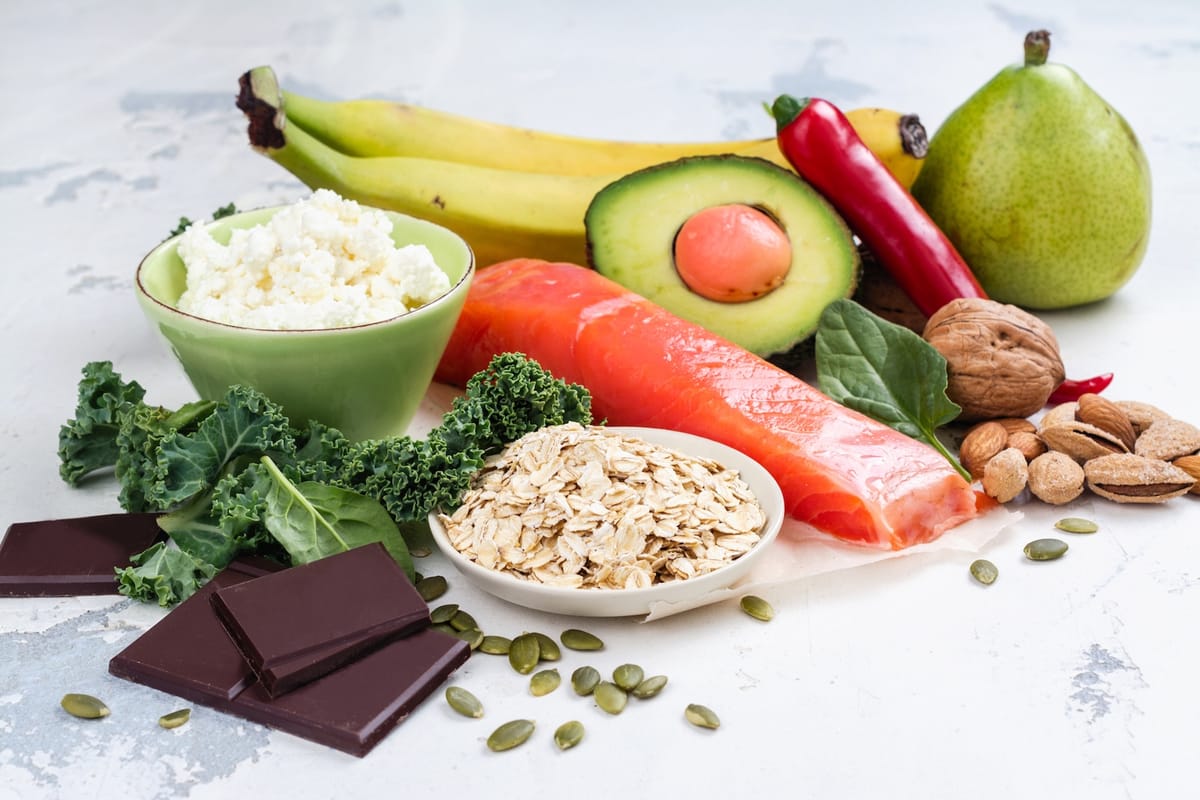

The Importance of Brain Health
Our brains are the most complex and essential organs in our bodies, responsible for controlling everything from movement and sensation to emotions and memory. To keep our brains functioning optimally, it is crucial to fuel them with the right nutrients. A well-balanced diet rich in certain foods can significantly enhance cognitive function, improve memory, and even boost our mood.
The brain processes information at incredible speeds, often faster than a Formula 1 race car. With such high performance demands, it is essential to provide it with the best possible fuel. Here, we will explore some of the top brain foods that can help sharpen cognition and improve mood.
Fatty Fish: The Omega-3 Powerhouses
Fatty fish such as salmon, mackerel, herring, lake trout, and tuna are high in omega-3 fatty acids. These acids, particularly DHA and EPA, are critical for brain development and function. Omega-3s have been shown to lower the risk of heart disease, depression, and arthritis, all of which can indirectly affect brain health. Studies have also found that higher levels of omega-3s in the bloodstream correlate with larger hippocampal volumes and better performance in abstract reasoning, even in cognitively healthy middle-aged adults.
Eggs: A Rich Source of Choline and Tryptophan
Eggs are a versatile food that offers a host of healthy nutrients beneficial for brain health. Egg yolks are a good source of choline, which reduces inflammation and promotes brain function by maintaining memory and enhancing communications between brain cells. Eggs are also high in tryptophan, an amino acid that is a building block of serotonin — often referred to as the 'happiness molecule'.
Blueberries: Antioxidant-Rich Superfood
Blueberries stand out among all berries for their extraordinary health benefits to the brain. Rich in antioxidants, specifically flavonoids, blueberries stimulate the flow of blood and oxygen to the brain, resulting in boosted concentration. Studies suggest that blueberries can even improve brain function in individuals with mild cognitive impairment.
Leafy Greens and Cruciferous Vegetables
Leafy greens like spinach, kale, and arugula, as well as cruciferous vegetables, are rich in nutrients such as vitamin E, vitamin K, beta carotene, and folate. Vitamin E protects cells from damage from free radicals, which can prevent or delay cognitive decline in aging populations. Vitamin K has been shown to sharpen memory, while beta carotene helps slow down cognitive decline.
Nuts: A Nutritious Snack for Brain Health
Nuts like almonds, pistachios, and macadamias are beneficial for brain health. Almonds improve memory, pistachio nut oils help preserve fatty acids and prevent inflammation, and macadamias contribute to normal brain function. Walnuts are particularly noteworthy, offering twice as many antioxidants as other nuts and packed with DHA, an omega-3 fatty acid that helps fight inflammation.
Coffee: The Morning Brain Booster
Coffee lovers will be pleased to know that their morning cup comes with several brain-related benefits. Caffeine increases alertness by blocking adenosine, a chemical that makes you tired. Research has found that individuals who drank more caffeine performed better on memory tests. However, it is important to consume caffeine in moderation to avoid adverse effects.
Dark Chocolate: A Sweet Treat for the Brain
Dark chocolate is another food that can benefit brain health. It contains powerful antioxidants, flavonoids, and caffeine. Flavonoids improve blood flow to the brain, enhancing memory, while the caffeine can help improve short-term brain function.
Beans: A Fiber and Vitamin-Rich Food
Beans are rich in fiber, B vitamins, and omega fatty acids. The fiber in beans helps keep you fuller longer and creates a gradual release of sugar, aiding concentration and memory. B vitamins are essential for creating brain chemicals important for memory formation.
The Role of Iron and B Vitamins
Iron helps blood oxygenate the body and is crucial for attention and concentration. B vitamins, particularly B6, B9 (folate), and B12, help create brain chemicals that are important for forming and storing memories. These vitamins are found in various foods, including beans, nuts, and leafy greens.
Putting It All Together: A Balanced Diet for Brain Health
A balanced diet that includes a variety of the foods mentioned above can significantly enhance cognitive function and improve mood. By incorporating fatty fish, eggs, blueberries, leafy greens, nuts, coffee, dark chocolate, beans, and ensuring adequate iron and B vitamins, you can provide your brain with the nutrients it needs to function optimally.
Enhancing Brain Health Through Lifestyle
While diet plays a crucial role in brain health, it is also important to consider lifestyle factors. Regular exercise, adequate sleep, and managing stress can all contribute to better cognitive function and overall brain health.
Why You Should Eat Brain Foods
The foods we eat have a significant impact on our brain health. By making informed dietary choices and incorporating brain-boosting foods into our daily meals, we can sharpen cognition, improve memory, and enhance our overall mood. A balanced diet combined with a healthy lifestyle can help us maintain optimal brain function well into our later years.
Dues are $12 per year. Member benefits:
✅ Ad-Free Website Viewing
✅ Advocacy for Republican Seniors
✅ 120+ Senior Discounts
✅ Member Only Newsletters